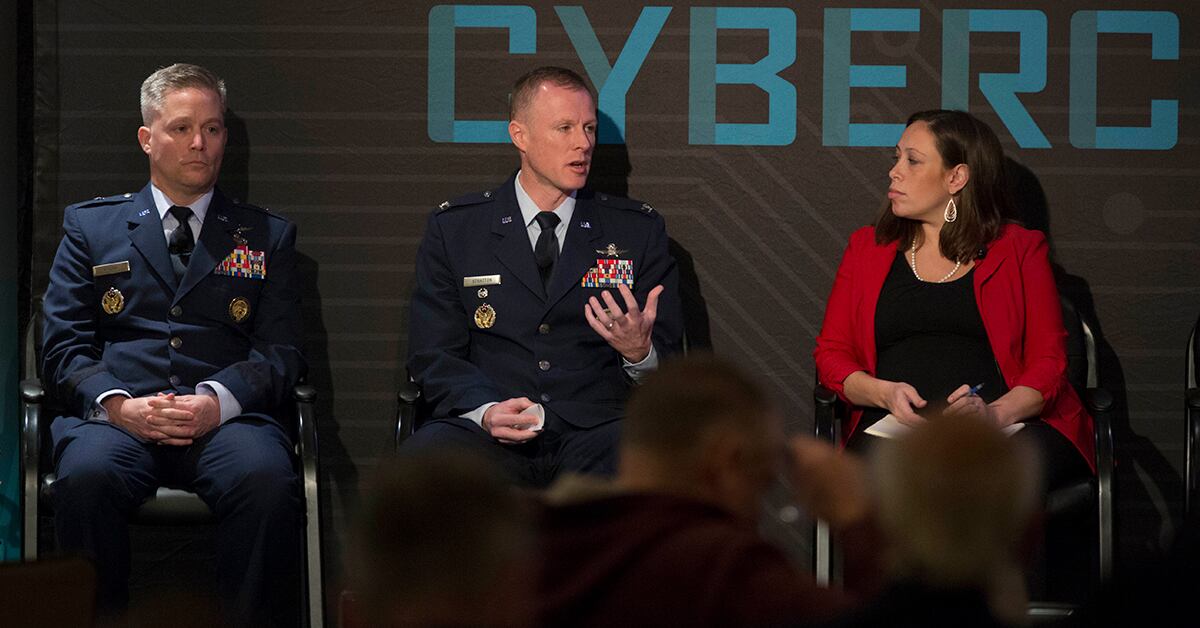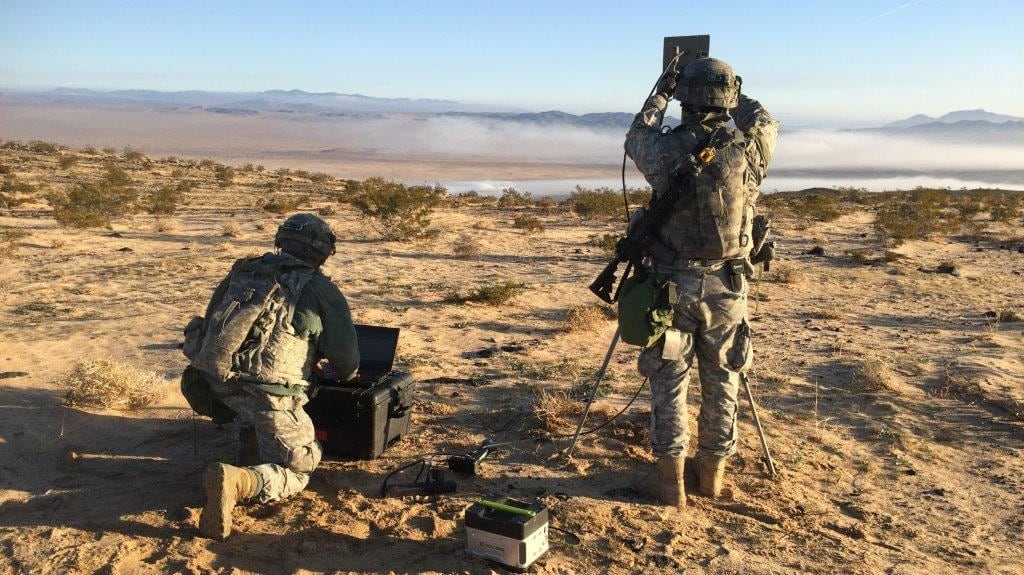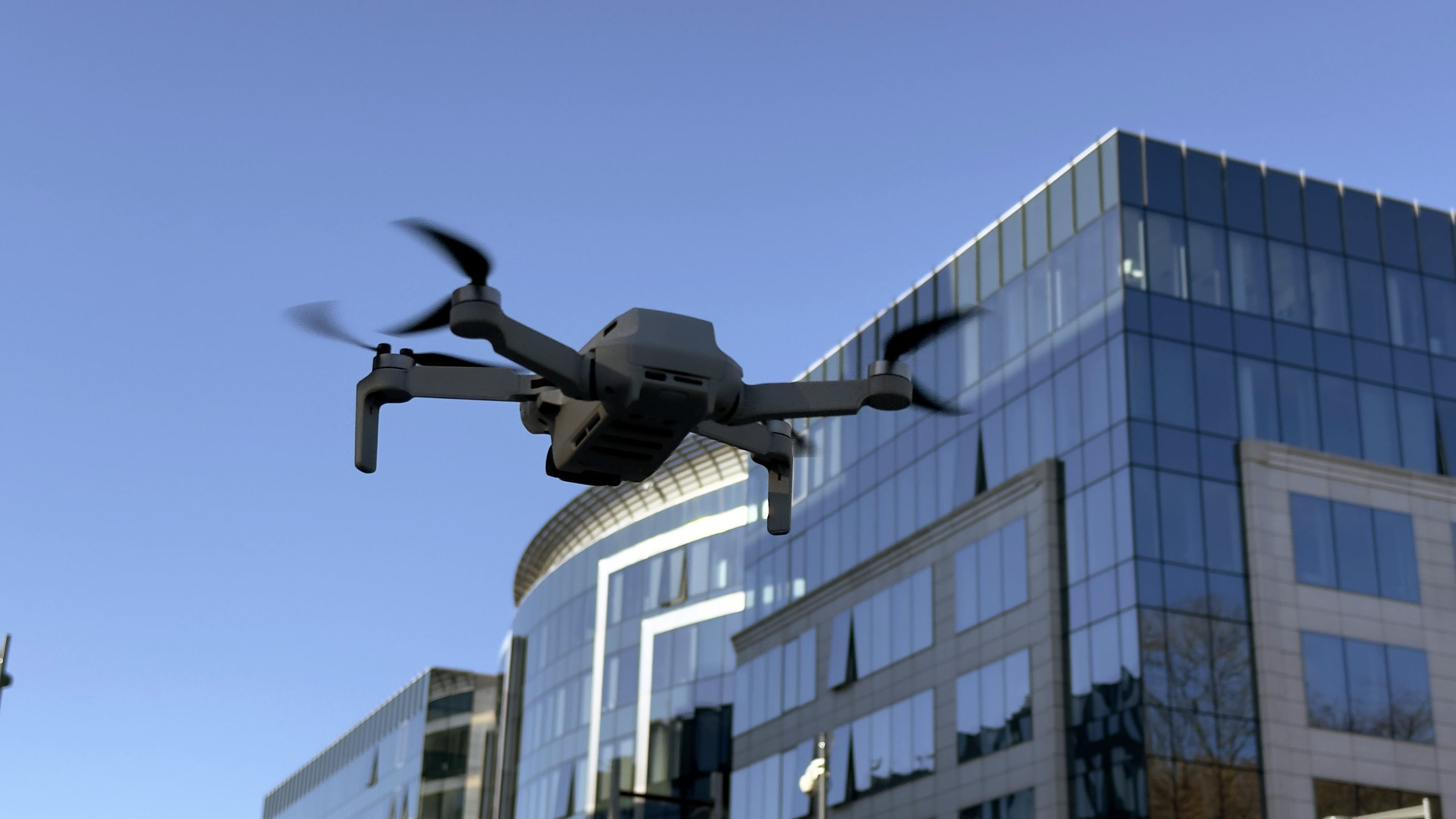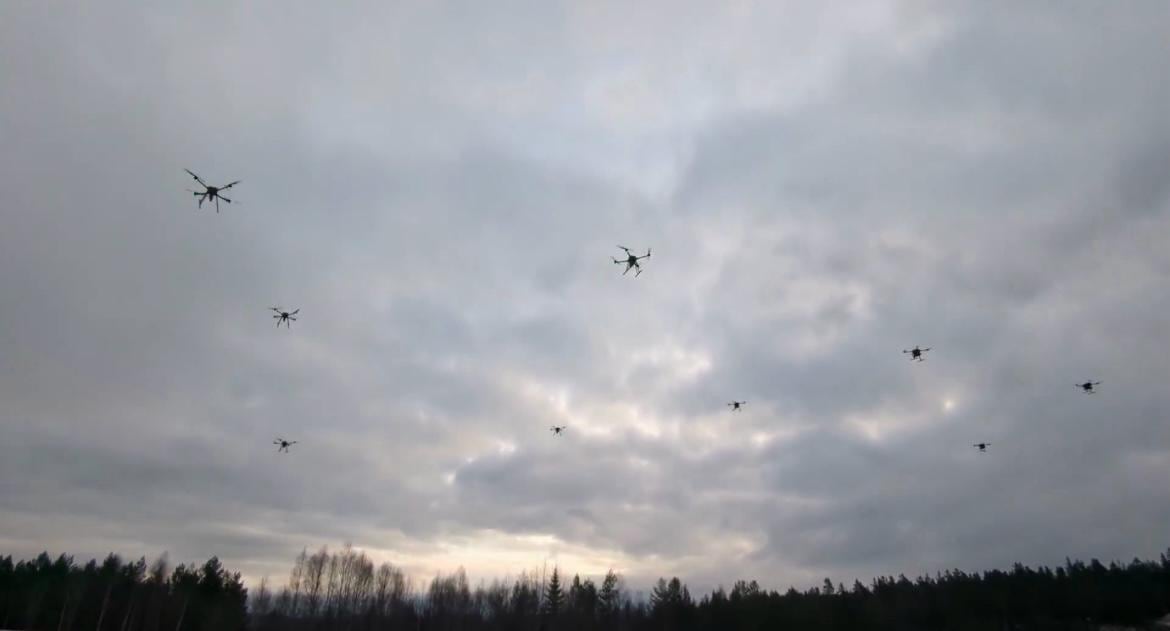Top Army leaders say that their recent tours have provided valuable lessons on the rate of change in the cyber world that they’re now using to shape training and operations.
“We’ve learned so much in the last two years because we’ve operated and the pace has increased,” Lt. Gen. Stephen Fogarty, commander of Army Cyber Command, said during a July 18 event hosted by the Association of Old Crows. “We’ve accelerated the learning curve and that’s given us confidence to start to make changes in organization, in capabilities and tactics, techniques and procedures.”
Those lessons come, in part, from building out of the cyber mission force, Brig. Gen. Jennifer Buckner, director of the Army’s Cyber Directorate in charge of Army staff level electronic warfare, cyber and information operations policy, told Fifth Domain following the event. Given the pace of operations in the Middle East and other combatant commands around the world, there are a host of operational events that are informing training and organizational structures, Buckner said. Buckner served most recently as the deputy commander of the U.S. Cyber Command led counter-ISIS cyber offensive known as Joint Task Force-Ares.
Because of this accelerated pace, Fogarty, who until May was the chief of staff at CYBERCOM, said that the Army needs to update its cyber doctrine more regularly.
Doctrine provides the template for commanders to conduct operations and understand their respective operating environments.
While the Army published its first field manual outlining cyber and electromagnetic activities doctrine last year, Fogarty said he’s instructed the Cyber Center of Excellence to update the document in the next 18 months based on operations over the last year.
RELATED

Fogarty, who is now the commander of JTF-Ares, added that he’s given the center and its commander a follow-on task as well: to publish another update 18 months after this first update.
“I’m predicting now that 18 months after we publish the next version it’ll be time, we’ll have learned enough to publish the following version,” Fogarty, said. “A lot of [the field manual] was what we thought. Now we know some of it, we know some of it we got wrong, some of it we got right, some of it we didn’t even know about at that point.”
In some cases, top leaders have said the Department of Defense is outpacing itself in cyber.
“We are outrunning our headlights … We’re learning so much, whether or not it’s with our forces, with our doctrine, with our strategy; we are well forward of where we thought we would ever be,” then Lt. Gen. Paul Nakasone, commander of Army Cyber Command, said in November. Nakasone is now the four-star commander of CYBERCOM.
RELATED

Mark Pomerleau is a reporter for C4ISRNET, covering information warfare and cyberspace.
More In








